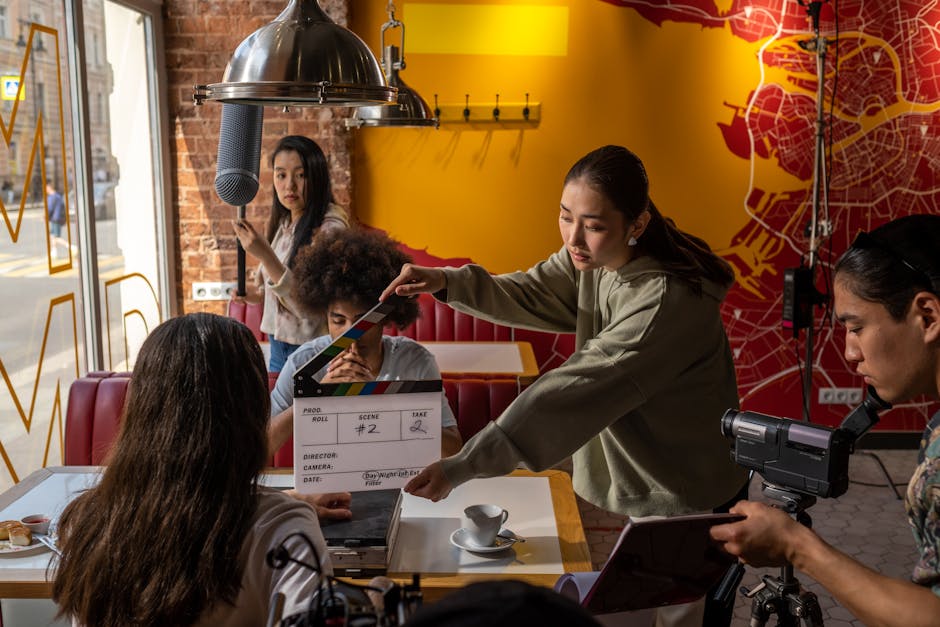A cornerstone of effective preparation is meticulous script analysis. This goes beyond simply understanding the dialogue. Actors meticulously dissect their character’s arc, identifying pivotal moments, internal conflicts, and the overarching objectives driving their actions. This involves examining the character’s relationships with other characters, understanding their backstory, and considering their place within the broader narrative structure. They often create detailed character biographies, exploring aspects like upbringing, education, significant past experiences, and ingrained beliefs, even if these details are not explicitly revealed in the screenplay. This process fosters a genuine comprehension of the character’s motivations, allowing for choices and actions that resonate with authenticity.
Physical transformation plays a crucial role, especially for characters requiring a specific physicality. Weight gain or loss, changes in posture, gait, or even the acquisition of new skills like martial arts or musical instruments, might be necessary. This physical commitment extends beyond superficial alterations; it’s about inhabiting the character’s physicality, allowing the body to reflect the inner state. For instance, an actor playing a character ravaged by illness would adopt a physicality conveying fatigue and frailty, subtly informing their performance. This physical commitment is not just for the visual impact; it profoundly impacts the actor’s emotional state, contributing to a more authentic portrayal.
Vocal coaching is another significant aspect. Complex roles often necessitate a specific accent, tone, or vocal quality that reflects the character’s background and personality. Working with a dialect coach ensures accurate pronunciation and intonation, adding layers of authenticity to the portrayal. Beyond dialect, understanding the rhythm and pace of speech, the silences, and the subtle nuances in vocal delivery can dramatically enhance character portrayal. A character’s vocal patterns quick and sharp, slow and deliberate, or hesitant and uncertain can reveal much about their personality and emotional state.
Immersion in the character’s world is critical. Research becomes an integral part of the preparation process. This might involve extensive historical research, studying relevant social or political contexts, or engaging with individuals who embody aspects of the character’s profession or background. The goal is not simply to gather facts; it’s to internalize the atmosphere and context surrounding the character, adding depth and realism to their portrayal. For example, an actor playing a doctor would benefit from shadowing a medical professional, observing their behavior, interactions, and the overall environment of their work.
Collaborating with the director is indispensable. This collaborative process involves openly discussing the director’s vision for the character and exploring different interpretations. The director’s insights provide a framework, while the actor’s creative input adds layers of nuance and depth. A strong director-actor relationship allows for open communication, enabling adjustments and refinements throughout the rehearsal and filming process. This collaborative approach ensures a unified vision, producing a cohesive and powerful portrayal.
Emotional preparation often involves delving into emotionally demanding territory. Actors may use various techniques to access the necessary emotions, such as recalling personal experiences, employing sensory exercises, or utilizing method acting approaches. However, a crucial aspect is maintaining a healthy balance. While immersing oneself in the character’s emotional world is essential, it’s equally important to have strategies for detaching from these intense emotions after the performance. This self-care aspect is critical to avoid burnout and maintain mental well-being.
Improvisation exercises can unlock unexpected aspects of character development. By experimenting with various approaches and scenarios outside the confines of the script, actors can uncover hidden facets of the character’s personality and behavior. Improvisational work encourages spontaneity and allows for a more organic exploration of the character’s responses within the dramatic context. This spontaneity can result in fresh and unexpected performances that resonate with authenticity.
Rehearsal is the culmination of all the preparatory work. This is not merely reciting lines; it’s a process of refining character choices, experimenting with different interpretations, and working with fellow actors to build a cohesive and believable dynamic. Rehearsals allow actors to explore various approaches, refine their delivery, and build rapport with their co-stars. The collaborative nature of rehearsals allows for adjustments and adjustments, leading to a refined and compelling performance.
Beyond these techniques, actors often cultivate a range of personal practices to support their creative process. Mindfulness, meditation, or other relaxation techniques can help manage stress and maintain focus during demanding roles. Physical training and maintaining a healthy lifestyle contribute to physical and mental stamina required for long hours on set. A well-rounded approach that encompasses not only the technical aspects of the role but also the actor’s overall well-being ensures a more sustainable and ultimately more satisfying performance. In essence, preparing for a complex role is a holistic endeavor that demands a significant commitment from the actor, encompassing emotional, physical, and intellectual preparedness. The end result, however, is a performance that captivates audiences and leaves a lasting impact.
